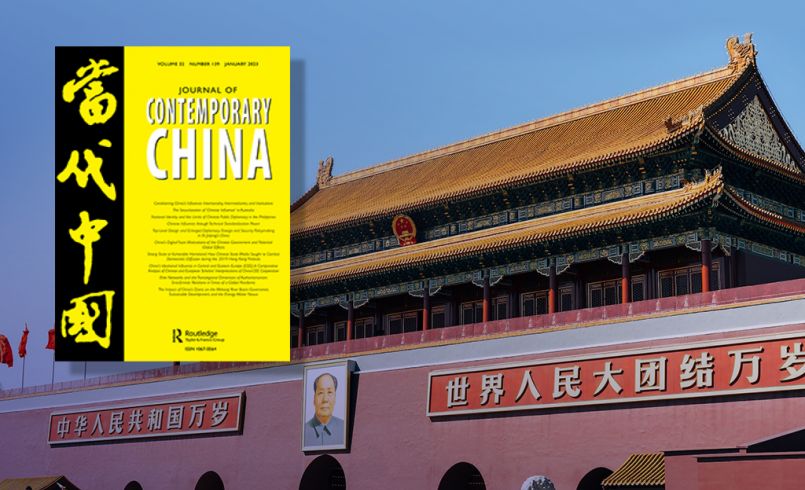- Daniel K. Inouye Asia-Pacific Center for Securi...
- Has China’s Economic Development Led to the Dem...
Has China’s Economic Development Led to the Democratization of China?
Dr.Sungmin Cho has published a new article titled “Does China’s Case Falsify Modernization Theory? Interim Assessment,” in the Journal of Contemporary China.
Using the political science theory of modernization, Dr. Cho revisits the question of whether China’s economic development has brought democratic changes in China or not. While the modernization theory suggests that economic development should lead to democratization, many analysts have claimed that China has not made democratic progress at all, despite its economic growth.
By comparing these two competing perspectives and examining the evidence behind each assessment, Dr.Cho argues that there has been a certain degree of democratic progress in China, in terms of increasing social aspirations for a more open and free society among the Chinese people. Dr.Cho explains why and how scholars reach different conclusions about democratic progress in China. Dr.Cho emphasizes the importance of understanding discrepancies between (1) the lack of change in the state’s system, (2) oscillation between liberal and illiberal policies, and (3) progressive changes in society.
This article draws on previous studies and data from the World Value System, Varieties of Democracy, and Asian Barometer projects. It also discusses how Chinese people’s local understanding of democracy affects the assessment of modernization theory’s applicability in explaining China’s case.
Dr. Sungmin Cho is a professor at the Daniel K. Inouye Asia-Pacific Center for Security Studies. The views expressed in this article are his own and do not reflect those of DKI APCSS, the U.S. Department of Defense, or the U.S. Government.



